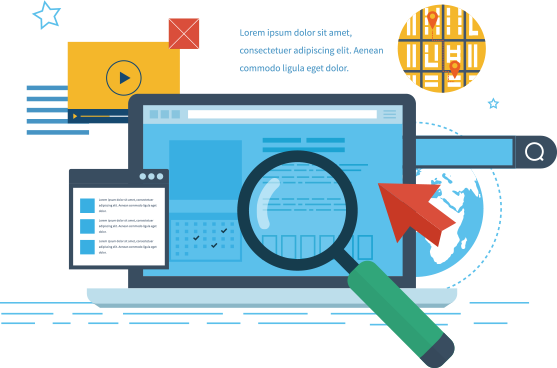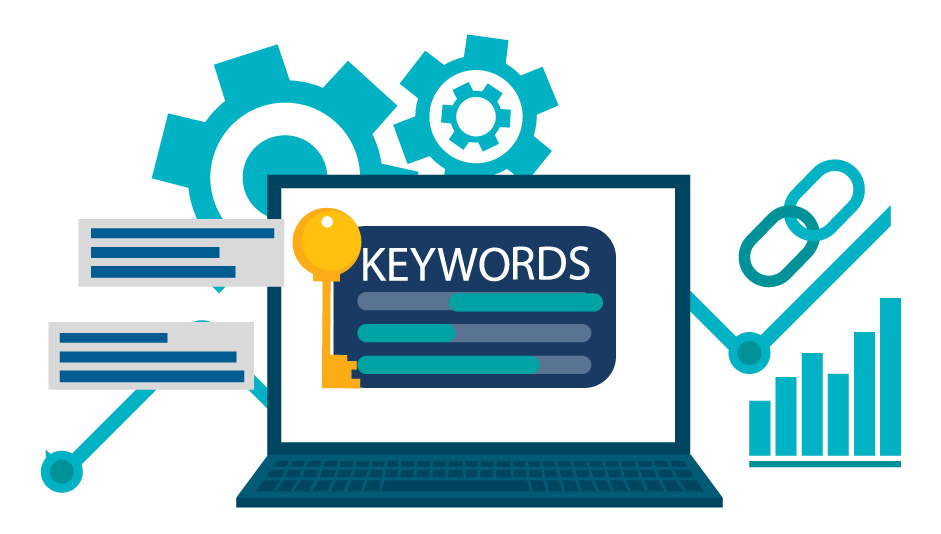Top-Rated On-Page SEO
Services by Expert SEO
Professionals in India
AGSKart Digital is home to a team of experienced SEO professionals specializing in high-quality on-page SEO services tailored for businesses across diverse industries.

What is OnPage SEO?
OnPage SEO is all about optimizing a website’s pages to make them more search engine friendly for the targeted keywords and audience and enhance their ranking in search engine results pages (SERPs). Essentially, it’s about making your website as effortless to find and navigate as possible. To achieve this, there are many techniques that businesses and website owners can use, such as creating high-quality content that’s relevant to their audience, using relevant keywords throughout their content and meta tags, and making sure their website is visually adorable and easy to navigate.
One of the key things to remember about On-Page SEO is that it’s all about providing a great user experience. That means making sure your website is easy to use, loads quickly, and has relevant and engaging content that keeps visitors coming back for more. It also means making sure your website is mobile-friendly, as more and more people are accessing the internet on their mobile devices these days.






